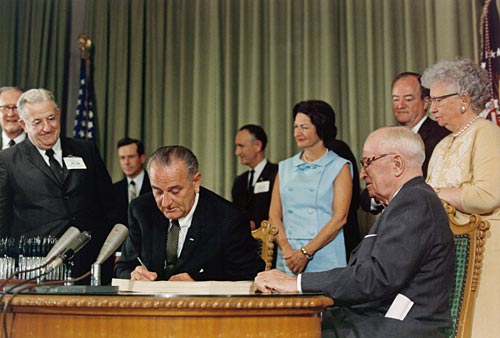If I had a dollar for every time I was asked this question as a geriatric care manager in NYC, I might be able to retire. Obviously, I understand why my clients ask me what's the best nursing home in NYC. For seniors in need of that level of care, their families want the best. I think the same thing every time: "They're asking the wrong question."
And that's OK. People wouldn't need geriatric care managers if they had all the answers on how to choose a nursing home, or if they knew all the right questions.
The truth is, there is no perfect, or "best" nursing home out there. Of course some have sterling reputations, and others do not. If you ask 10 geriatric care managers to rattle off the top 5 they'd recommend - all other things being equal - you'd get the same 5 answers every time. What's the use in asking- we all have google, don't we?
So, back to my earlier thought: What are the right questions? I tend to break that down into two categories:
Let's start with the facility. Here are a few sample questions for which you'll want concrete & specific answers from the admissions director:
Now, on to perhaps the even more important set of questions: the ones you ask of yourself. First, take a tour of the facility. Speak with various staff if you have the opportunity. Nurses, physical therapists, anyone and everyone. Take a look around. Now ask:
You probably have your own set of questions and areas of importance, which is great. Do not sell your own feelings short because you've heard good things about a facility. And don't count out a facility if you've heard a less than stellar review. In my experience every nursing home in NYC has at least a few people who will give a nursing home a bad review online. It comes with the territory, and should not dissuade you from deciding for yourself with a site visit and interview with the admission department.
If you need additional help through this difficult process of choosing a nursing home, be it advocacy, information, or help with a family dispute around this process, be in touch. I'm here to help.
And that's OK. People wouldn't need geriatric care managers if they had all the answers on how to choose a nursing home, or if they knew all the right questions.
The truth is, there is no perfect, or "best" nursing home out there. Of course some have sterling reputations, and others do not. If you ask 10 geriatric care managers to rattle off the top 5 they'd recommend - all other things being equal - you'd get the same 5 answers every time. What's the use in asking- we all have google, don't we?
So, back to my earlier thought: What are the right questions? I tend to break that down into two categories:
- Questions to ask the nursing home facility;
- Questions to ask yourself.
Let's start with the facility. Here are a few sample questions for which you'll want concrete & specific answers from the admissions director:
- How are care plans created? How often are care plans updated?
- Who would be my dedicated contact person at the facility to whom I could bring my concerns?
- Under what circumstances would you be calling me with important updates about my loved one?
- What's your approach to ensuring the best mental health of my loved one?
- What disciplines are represented on your team? How often will those individuals meet with my loved one?
- What is your approach to pain management?
- How are religious and spiritual needs met?
Now, on to perhaps the even more important set of questions: the ones you ask of yourself. First, take a tour of the facility. Speak with various staff if you have the opportunity. Nurses, physical therapists, anyone and everyone. Take a look around. Now ask:
- Did the residents look comfortable? Did they look well cared-for? Well-groomed?
- Did the staff look engaged, or were they just going through the motions?
- Were staff and residents talking to each other, or talking at each other?
- Were the residents interacting with one another, or were they all sitting alone? Interaction and social connection is important.
- Did the staff give you sufficient time and respect? If they don't do it for you, you can assume the same will be true of your loved one. You'll want to feel reassured by the answers you get. If you get vague answers, or if the answer isn't the one you were hoping for, that's a red flag.
You probably have your own set of questions and areas of importance, which is great. Do not sell your own feelings short because you've heard good things about a facility. And don't count out a facility if you've heard a less than stellar review. In my experience every nursing home in NYC has at least a few people who will give a nursing home a bad review online. It comes with the territory, and should not dissuade you from deciding for yourself with a site visit and interview with the admission department.
If you need additional help through this difficult process of choosing a nursing home, be it advocacy, information, or help with a family dispute around this process, be in touch. I'm here to help.

 RSS Feed
RSS Feed